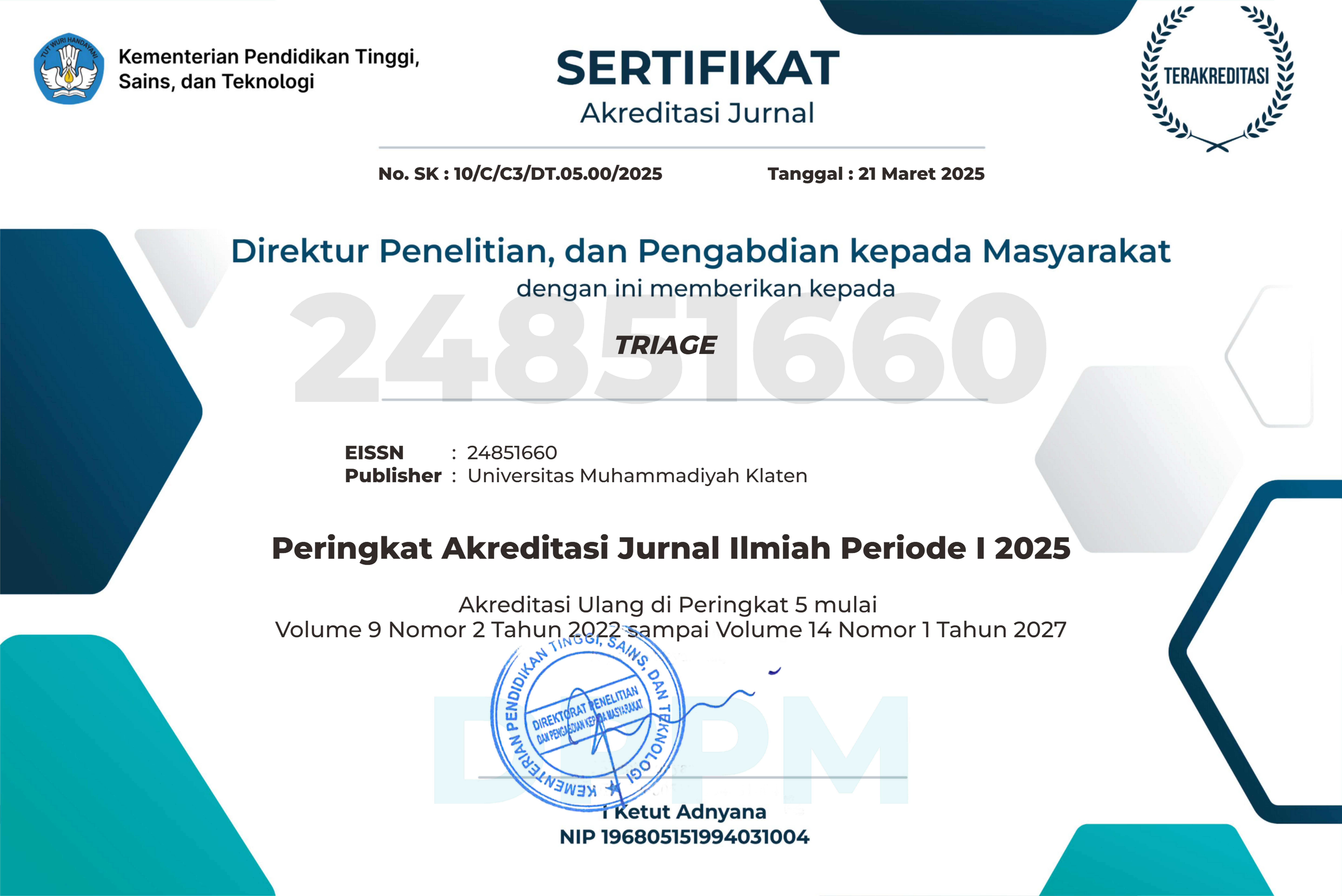Hubungan Pengetahuan dan Sikap Orangtua terhadap Kejadian Stunting
Abstract
Stunting remains a critical public health issue in Indonesia, with a prevalence of 21.6% in 2022. This study aims to analyze the relationship between parental knowledge and attitudes toward stunting management in Tanjungmas, Semarang, given its severe long-term impacts on physical growth, cognitive development, and disease susceptibility. A cross-sectional design was employed, surveying 30 parents of stunted children. Results revealed that while 96.7% of respondents exhibited positive attitudes, 90% lacked understanding of stunting’s long-term consequences. Statistical analysis found no significant correlation between knowledge and positive stunting prevention behavior (p=0.315), indicating that knowledge alone is insufficient to drive behavioral change. Socioeconomic status, healthcare access, and family environment emerged as stronger determinants of parental behavior. The study concludes that holistic interventions addressing structural barriers—such as poverty and healthcare inequities—are essential alongside education. Community-based programs should integrate contextual solutions to improve nutritional practices. Further research is recommended to explore the gap between maternal knowledge and practical childcare behaviors












